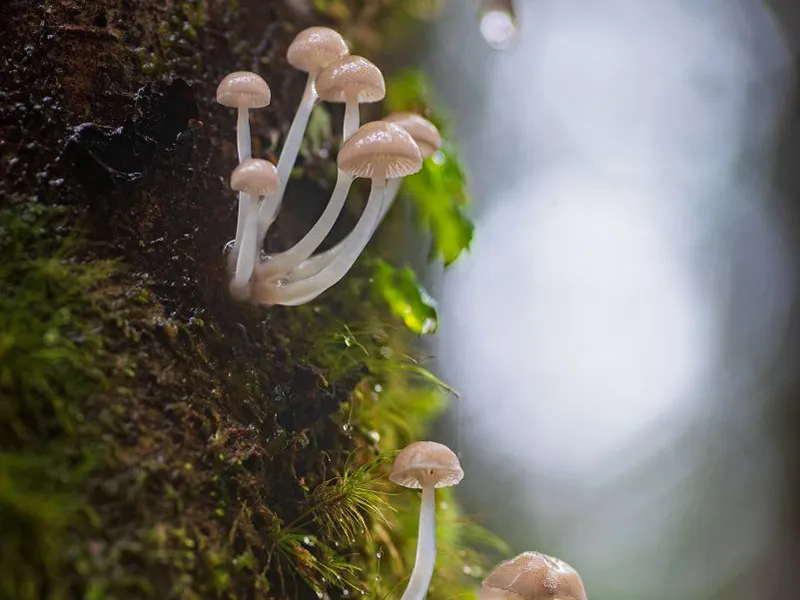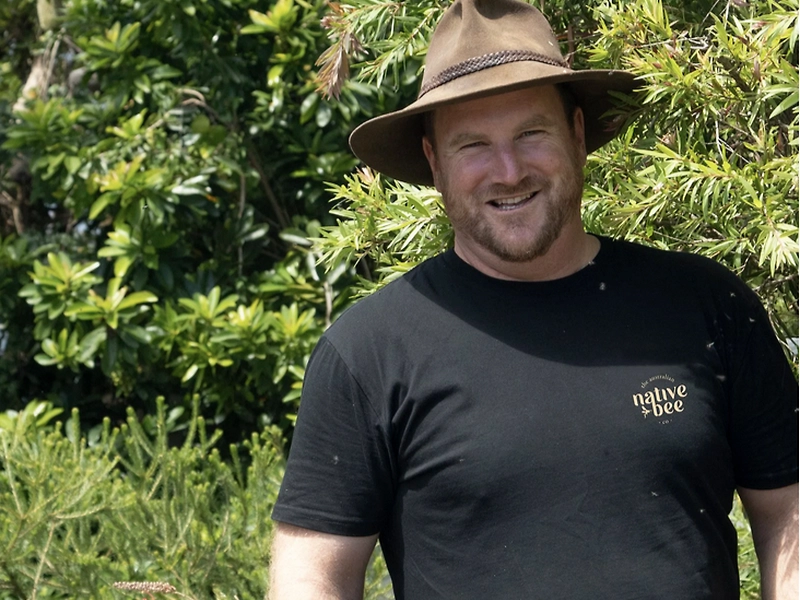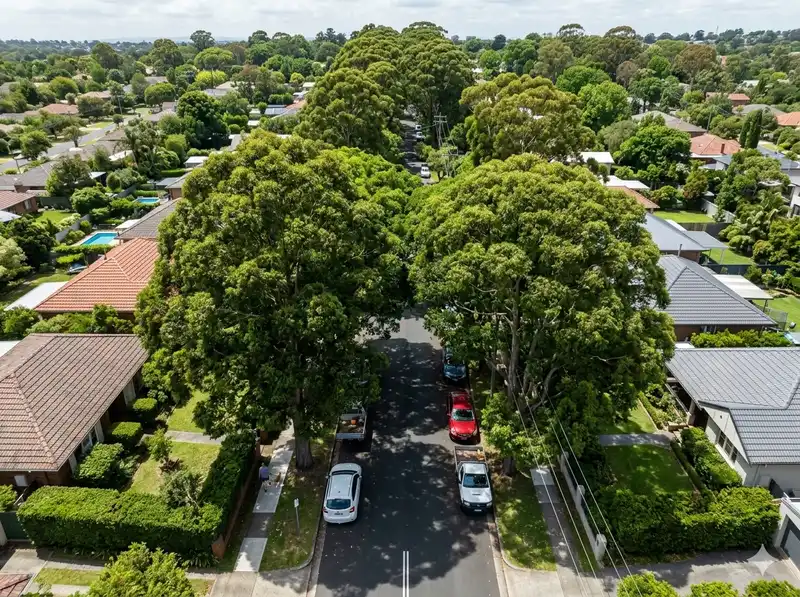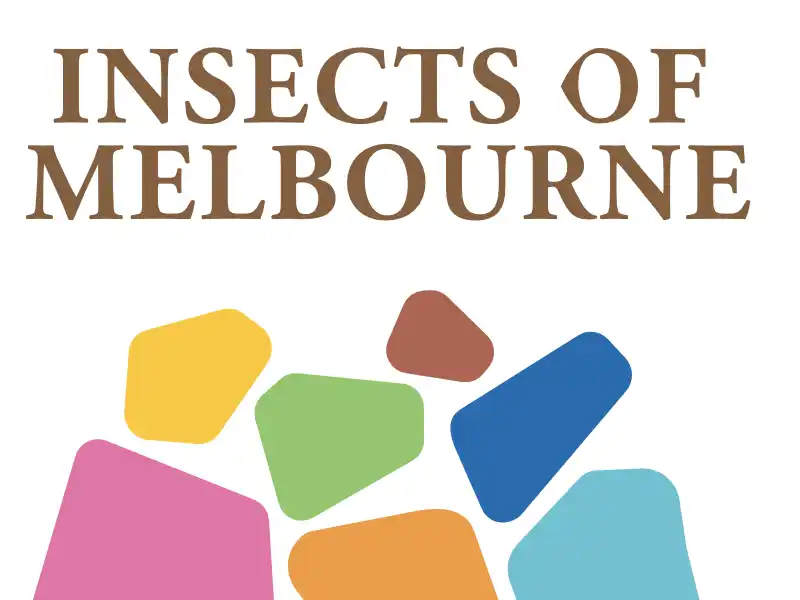(Macquarie Dictionary updates its definition of fungus)
by Lachlan Penninkilampi, Fungimap Committee member (from their newsletter)
Fungi have been classified by the scientific community as constituting their own kingdom of life since 1969. But common understanding and usage of the term ‘fungus’ has been slow to catch up.
Today, the standard reference on the understanding and usage of words in Australian English is the Macquarie Dictionary. Pan Macmillan Australia, the publisher of the Macquarie Dictionary, describes it somewhat ambitiously as “the complete record of English as it is used in Australia”.
The Macquarie Dictionary is used every day by advertisers, journalists, students, writers, and even Scrabble enthusiasts (albeit with some reluctance given it doesn’t include half as many bogus words as can be found in the official Scrabble dictionary). The Macquarie Dictionary also has technical uses. For example, in the legal profession, it is used as a reference point for the ‘ordinary’ meaning of a word, which helps us form an opinion about the ‘legal’ meaning of a word as it is used in a legal document such as an Act of Parliament or a regulation.
Given its everyday and technical uses, it is important that the Macquarie Dictionary gets its definitions right.
Over the summer holidays in 2023–2024, I searched for the definition of ‘fungus’. Fungi were defined at that point in time as a group of ‘thallophytes’ (ie, ‘lower plants’):
fungus
/ˈfʌŋgəs/ (say ‘fungguhs)
noun (pluralfungi/ˈfʌŋgi/ (say ‘funggee),/ˈfʌŋgaɪ/(say ‘fungguy), /ˈfʌndʒaɪ/ (say ‘funjuy) orfunguses)
1. any of the Fungi, a group of thallophytes including the mushrooms, moulds, mildews, rusts, smuts, etc., characterised chiefly by absence of chlorophyll and which subsist upon dead or living organic matter.
2. Pathology a spongy morbid growth, as proud flesh formed in a wound.
–adjective3. → fungous.
[Latin: mushroom, fungus]
© Pan Macmillan Australia 2024
This definition seemed to me to be out of step with the contemporary scientific understanding of fungi. I sent an email to the lexicographers at the Macquarie Dictionary (they encourage everyone to submit suggestions), who politely came back and said they would look into it in due course.
As we entered the summer holiday season of 2024–2025, I thought it was worth checking for any updates to the definition.
I am happy to report that the definition of fungus has now been updated. The Macquarie Dictionary now recognises fungi as constituting their own kingdom of life and defines them by reference to their unique biology and ecology (and doing away with the references to plants and chlorophyll):
fungus
/ˈfʌŋgəs/ (say ‘fungguhs)
noun (pluralfungi/ˈfʌŋgi/ (say ‘funggee),/ˈfʌŋgaɪ/ (say ‘fungguy), /ˈfʌndʒaɪ/ (say ‘funjuy) orfunguses)
1. any of a vast group of eukaryotic organisms comprising the kingdom Fungi, which subsist upon dead or living organic matter through absorption, have chitinous cell walls, and which play a principal role as decomposers in ecological systems, including the mushrooms, moulds, mildews, rusts, smuts, etc.
2. Pathology a spongy morbid growth, as proud flesh formed in a wound.
–adjective3. → fungous.
[Latin: mushroom, fungus]
© Pan Macmillan Australia 2024
Out of curiosity, I also checked whether any other environment-related terms had been updated. I found that the definition of ‘species’, which previously referred only to plants and animals, was also updated to mean “the basic category of biological classification for all life forms, …”. Unfortunately, other definitions in the Macquarie Dictionary remain plant- and animal-centric. For example, ‘biodiversity’ is defined to mean “the variety of species of plants, animals and microorganisms, their genes, and the ecosystems they comprise, …”, and ‘habitat’ is defined to mean “the native environment or kind of place where a given animal or plant naturally lives or grows, …”. Personally, I don’t see why these words couldn’t be updated (like ‘species’) to refer more inclusively to “all life forms”. No doubt the lexicographers had their reasons for not updating these definitions.
The Macquarie Dictionary may not have gone all the way with correcting its definitions, but its correction of the definition of ‘fungus’ is worth celebrating. Fungi are now properly recognised in our national dictionary as constituting their own kingdom of life. Small victories like this help us move towards a world where more people have more of an appreciation of the uniqueness and wonders of fungi — an appreciation that may foster an ethic of care and ultimately see Australia’s fungal diversity better conserved and restored.





